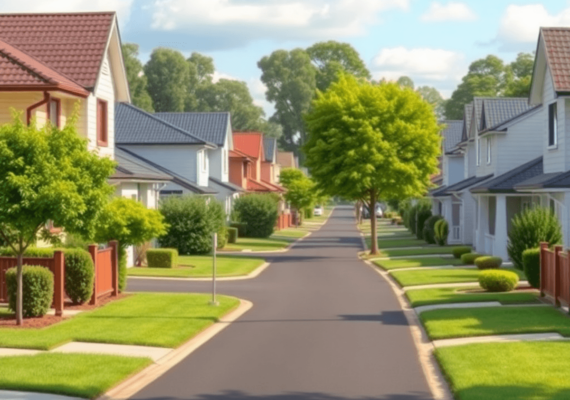Home inspectors are trained professionals who conduct a thorough evaluation of a property’s condition, typically before a real estate transaction is finalized. During a home inspection, inspectors look for various issues and potential problems that could affect the safety, integrity, and value of the property. Here are some of the key areas that home inspectors typically examine:
- Structural integrity: Inspectors assess the structural components of the home, including the foundation, walls, roof, and framing, to identify any signs of damage, deterioration, or structural issues.
- Exterior: Inspectors examine the exterior of the home, including siding, windows, doors, trim, and landscaping, to identify any defects, damage, or maintenance issues that may need attention.
- Roofing: Inspectors assess the condition of the roof, including the roofing materials, shingles, flashing, gutters, downspouts, and chimneys, to identify any signs of leaks, damage, or deterioration.
- Plumbing: Inspectors evaluate the plumbing system, including pipes, fixtures, faucets, drains, water heaters, and water pressure, to identify any leaks, corrosion, clogs, or other issues that may affect functionality or safety.
- Electrical: Inspectors check the electrical system, including wiring, outlets, switches, circuit breakers, and lighting fixtures, to identify any code violations, safety hazards, or electrical issues that may need to be addressed.
- Heating, ventilation, and air conditioning (HVAC): Inspectors assess the HVAC system, including the furnace, air conditioner, ductwork, vents, filters, and thermostat, to ensure proper operation, efficiency, and safety.
- Insulation and ventilation: Inspectors evaluate the insulation and ventilation in the attic, crawl spaces, and other areas of the home to identify any deficiencies, inadequate insulation, or ventilation problems that may affect energy efficiency or indoor air quality.
- Interior: Inspectors examine the interior of the home, including walls, ceilings, floors, doors, windows, stairs, and railings, to identify any defects, damage, or safety hazards that may need attention.
- Appliances: Inspectors test major appliances, such as the stove, oven, dishwasher, refrigerator, washer, dryer, and garbage disposal, to ensure they are in working order and properly installed.
- Environmental hazards: Inspectors may also check for potential environmental hazards, such as mold, radon, lead paint, asbestos, or pest infestations, that may pose health risks or require remediation.
After completing the inspection, the inspector typically provides a detailed report outlining their findings, including any issues or concerns that need to be addressed. This information can be valuable for buyers, sellers, and homeowners in making informed decisions about the property.



